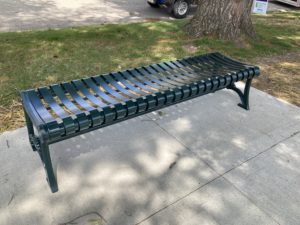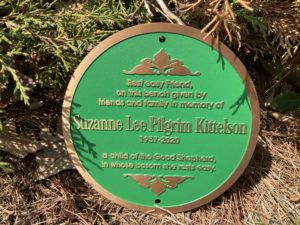 SATURDAY, JUNE 19, 1:00 p.m., Good Shepherd Sanctuary – REVEREND DONALD L. BERG “CELEBRATION OF LIFE” SERVICE
SATURDAY, JUNE 19, 1:00 p.m., Good Shepherd Sanctuary – REVEREND DONALD L. BERG “CELEBRATION OF LIFE” SERVICE
- Reverend Donald L. Berg, long-time member of Good Shepherd, died on January 10, 2021, at age 86. His “Celebration of Life” Service was delayed due to COVID-19 concerns.
- Masks are required, with no limit on attendance and optional social distancing.
- All are welcome at a reception at the church following the service.
- Burial is at Union Prairie Cemetery in rural Decorah later in the afternoon.
- Donald L. Berg’s obituary is at https://www.fjelstul.com/obituary/rev-donald-berg
- Blessed be the memory of Don Berg!





